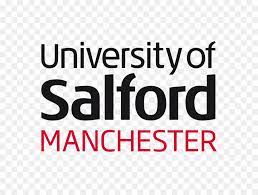
MSC SUSTAINABLE BUILDINGS
University of Salford, Manchester


University of Salford, Manchester

MSC SUSTAINABLE BUILDINGS
University of Salford, Manchester
Strong Industry Ties
Degree
Postgraduate
Duration
12
Course Type
With Co-op
Co-op education gives you real-world experience in a job related to your studies.
INR
17.29L
USD 20343
1st Year Tuition Fees
Opening Soon
Opening Soon